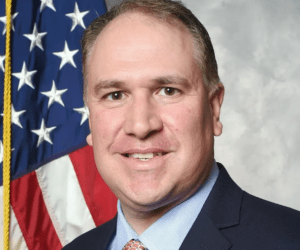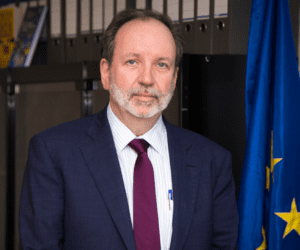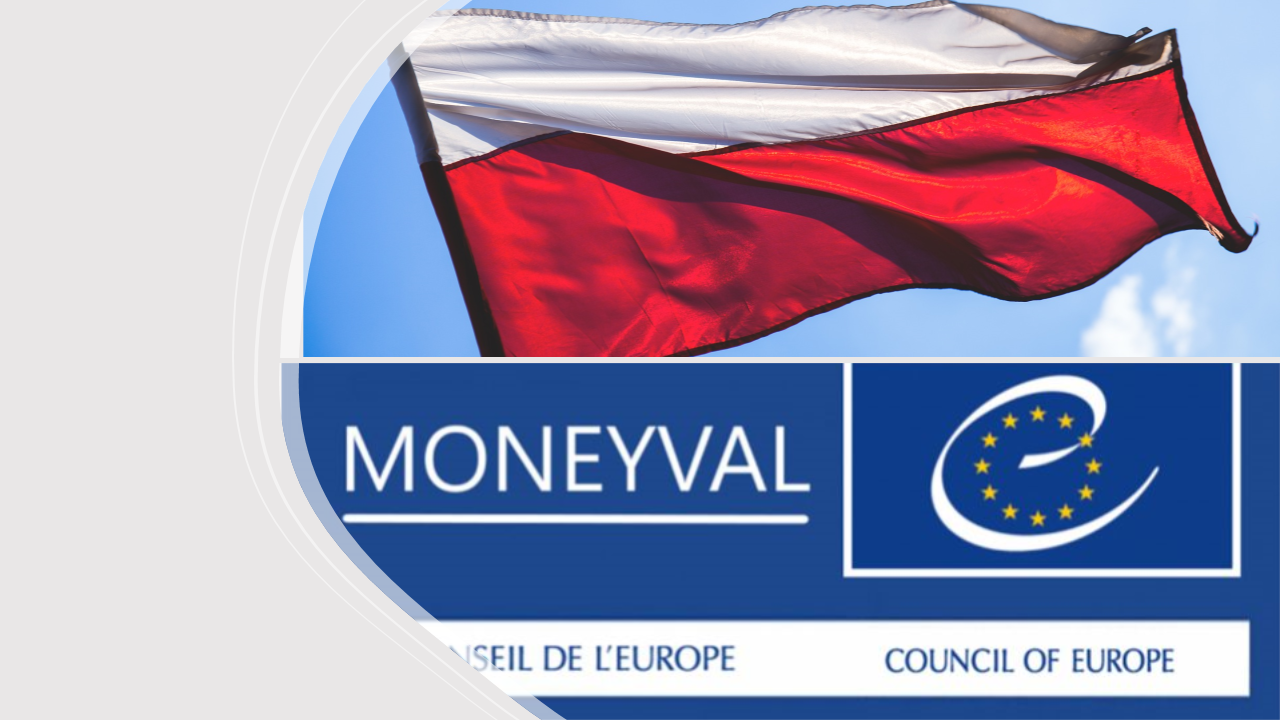By Andy Shen, UN University Centre for Policy Research and
Hennie Verbeek-Kusters, Head, FIU, Netherlands
FORCED labour is one of the world’s top sources of illicit profits, generating roughly $150 billion each year.
While this amount is staggering, it is only the tip of the iceberg and does not reflect the illicit profits that corporations in the Global North earn through forced labour in their supply chains.
Tackling this crime – and ending the suffering of millions of people worldwide – means addressing the profit motive that allows it to continue, and changing the business practices of corporations that, knowingly or unknowingly, perpetuate an economic system that exploits the poor and vulnerable.
Unfortunately, our efforts to protect those at risk, primarily in the Global South, are held back by a failure to exploit the full range of tools at our disposal.
One critical yet overlooked tool is the international AML regime: the laws, regulations, and procedures that both the public and private sectors utilize to tackle money laundering.
‘financially benefitting from forced labour or human trafficking is not considered a predicate offence to money laundering’
These measures, used by financial intelligence units (FIUs), law enforcement and prosecutors to address financial crimes, have resulted in a robust compliance system for financial institutions to monitor, detect, and report suspicious transactions, including those linked to forced labour and other closely related crimes such as human trafficking.
However, since financially benefitting from forced labour or human trafficking is not considered a predicate offence to money laundering, their full potential is not realized and the needless suffering of millions continues.
If financially benefiting from these crimes was a predicate offence this simple change would generate significant and far-reaching consequences for the global economy – and the exploited workers that support it.
Investors
It would mean the illicit profits generated from the sale of tainted goods could be subject to asset recovery – not only helping to compensate victims and survivors, but crucially, altering companies’ risk calculus.
Companies and investors that understand their profits could be impacted will proactively conduct human rights due diligence in their operations and value chains – generating a shift towards more humane, less exploitative working conditions.
A new report produced by Finance Against Slavery and Trafficking, an initiative of the United Nations University Centre for Policy Research, highlights several pathways forward. Forced labour import bans in North America, and potentially in the European Union and elsewhere, are highlighted as an important, yet untapped, source of information on the corporations that may financially benefit from forced labour or human trafficking.
These could potentially be used to further money laundering investigations into corporate activities and secure compensation for victims and survivors.
The report, which consulted government agencies, multilateral organizations, financial institutions, and civil society organizations, found that only a small number of government agencies participating in the study had investigated the corporate buyers of goods produced by forced labour.
‘estimated 17.3 million people in forced labour – excluding forced sexual exploitation, domestic work, and State-imposed forced labour – on any given day’
However, 78 per cent of respondents from government agencies and civil society organizations believed in shared responsibility for the provision of compensation – both the responsible individuals/companies in the country where workers are exploited and the profiting individuals/companies in the country where the goods are sold.
This shared sentiment indicates the potential for government agencies to act and make a real difference to the lives of millions of exploited workers worldwide. But, realizing this potential, and reshaping the global economy to end the profit motive fuelling forced labour and human trafficking, will depend upon the political will of States.
The support of the financial sector is also critical: supporting legislative reform and effectively implementing changes to the Anti-Money Laundering framework.
By acting, governments would fulfil their international commitments, including target 8.7 of the UN Sustainable Development Goals, which commits States to take immediate and effective measures to eradicate forced labour, the worst forms of child labour, modern slavery, and human trafficking by 2030.
With an estimated 17.3 million people in forced labour (excluding forced sexual exploitation, domestic work, and State-imposed forced labour) on any given day, and an increase of 1.3 million between 2016 and 2021, all attributable to the private sector, governments should adopt measures that more effectively protect vulnerable populations and ensure that victims and survivors are adequately compensated for the harms they suffer.
As we approach the 75th anniversary of the Universal Declaration of Human Rights, we urge all States to reflect on the spirit of this landmark agreement and consider the economic approaches and business models that have caused or contributed to untenable social costs such as forced labour and human trafficking.
Adapting the AML framework to address the role of Global North corporations in sustaining exploitation would accelerate progress toward a new global economy that invests in human rights and works for everyone.


THE AUTHORS (l to r): Andy Shen is Government and Multilateral Organizations Lead, FAST Initiative UN University Centre for Policy Research (UNU-CPR).
Hennie Verbeek-Kusters, is Head, Financial Intelligence Unit (FIU), the Netherlands.
READ the full new report produced by Finance Against Slavery and Trafficking, an initiative of the United Nations University Centre for Policy Research, highlights several pathways forward.











